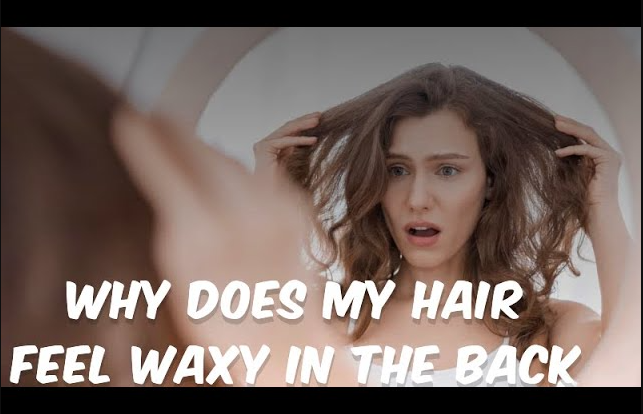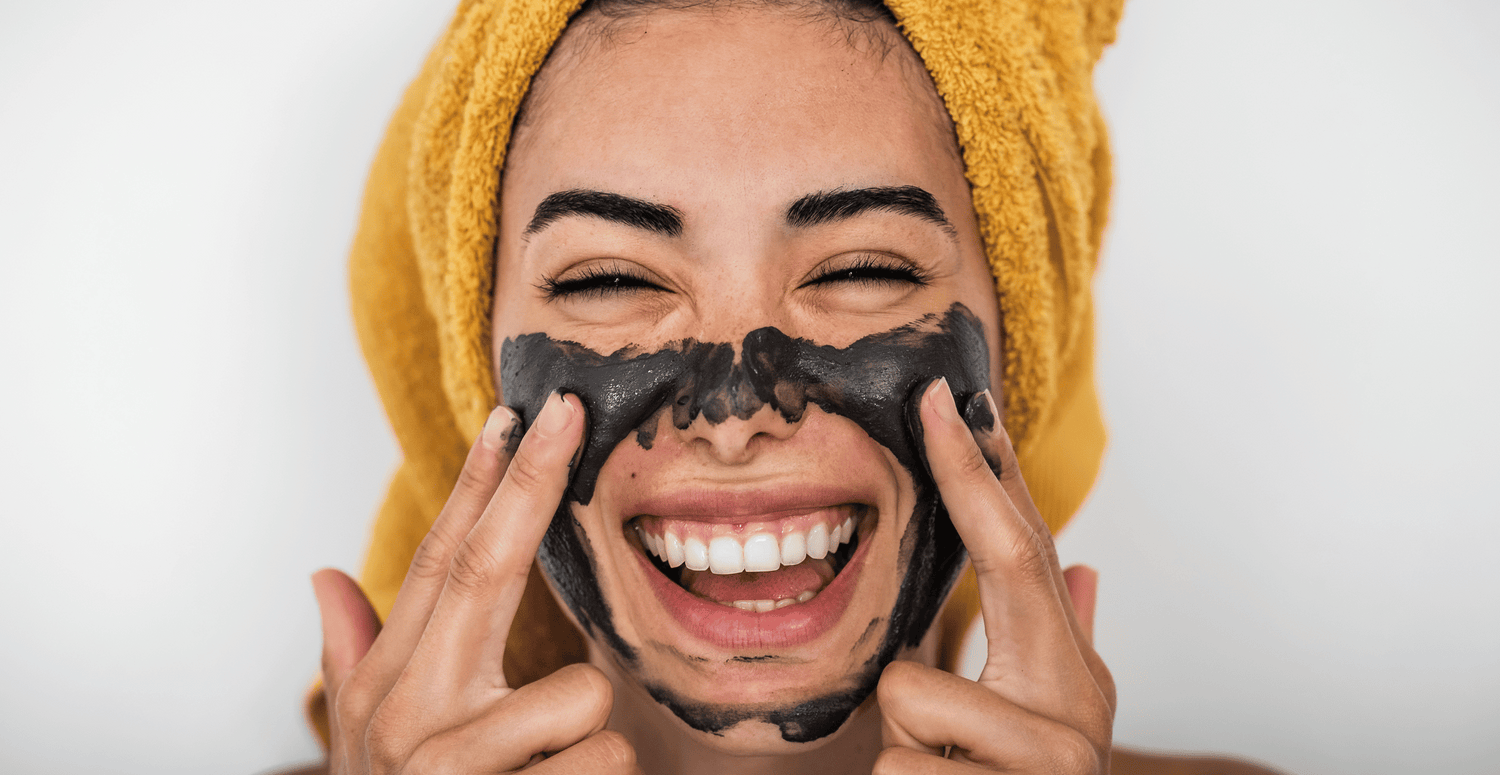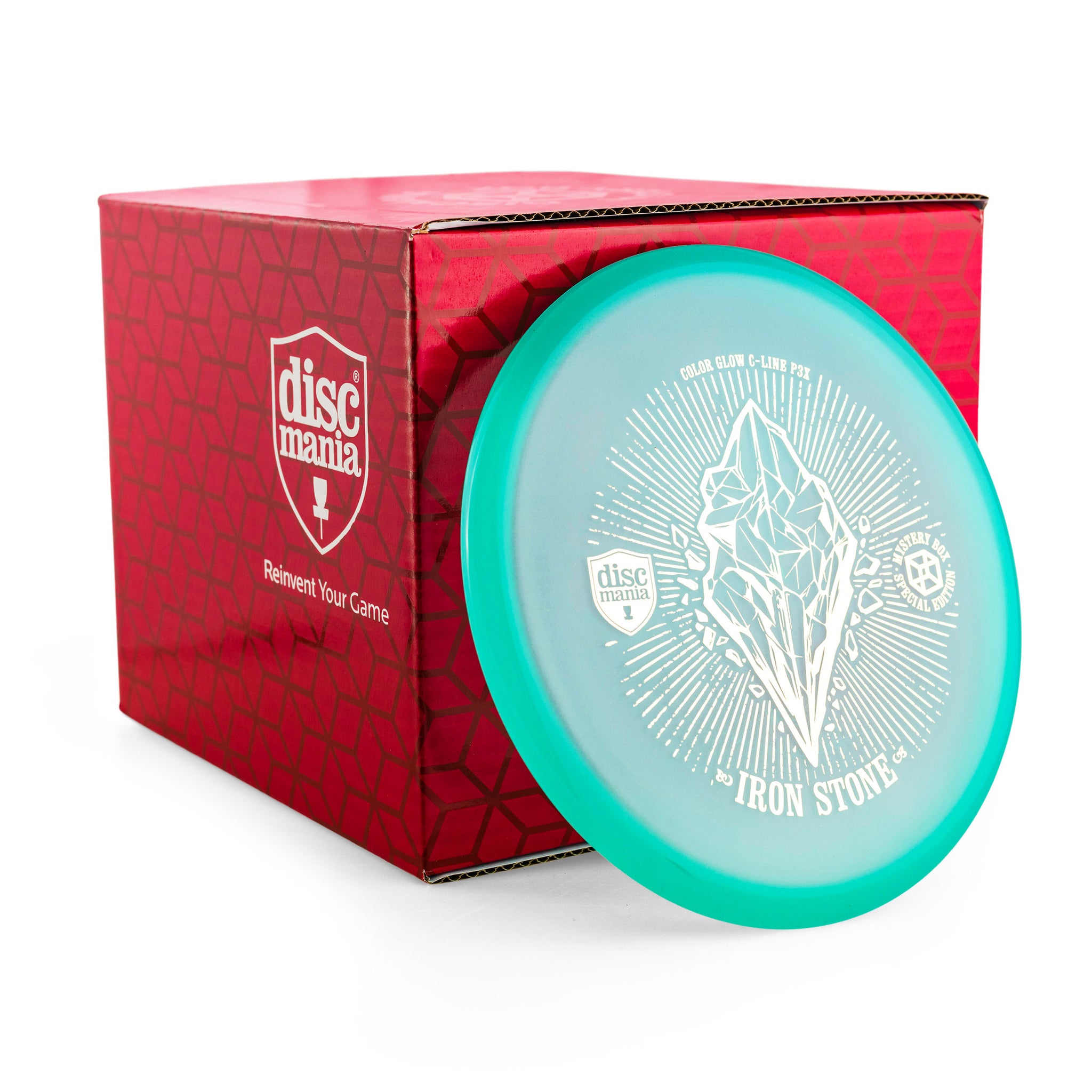
Why Does My Hair Feel Waxy: Unraveling the Mystery
Your hair may feel waxy due to a buildup of product residue or excessive oil production. This can make your hair appear greasy and difficult to manage.
Have you noticed that your hair has been feeling waxy lately? If so, you’re not alone. Many people struggle with this issue, and it can be quite frustrating. Your hair may feel waxy due to a buildup of product residue or excessive oil production.
When you use styling products like gels, mousses, or hairsprays, they can leave behind a sticky residue that eventually builds up and makes your hair feel waxy. Additionally, if your scalp produces an excess amount of oil, it can transfer to your hair and give it a greasy, waxy texture. We will explore the reasons why your hair might feel waxy and discuss some possible solutions to help you restore its natural shine and softness.

Credit: www.clinikally.com
Understanding Hair Texture
When it comes to hair care, understanding your hair texture is crucial to maintaining its health and appearance. Hair texture refers to the natural characteristics and state of your hair strands, such as thickness, curl pattern, and overall feel. Though hair texture is predominantly genetic, various external factors can affect it.
Factors Affecting Hair Texture
Several factors can impact the texture of your hair, ranging from environmental conditions to lifestyle habits. Recognizing and addressing these factors can help you better understand why your hair may feel waxy and find appropriate solutions.
- Climate: The climate you live in can significantly influence your hair texture. In humid conditions, moisture in the air can cause hair strands to expand and become frizzy, while dry climates can lead to brittle and dehydrated hair.
- Hair Care Products: The hair care products you use regularly, such as shampoos, conditioners, and styling products, can leave behind residue, giving your hair a waxy or greasy feel. Opt for products specifically formulated for your hair type to avoid any build-up.
- Hard Water: If you live in an area with hard water, mineral deposits can accumulate on your hair strands, making them feel heavy and waxy. Consider using a water softening system or clarifying shampoos to remove these deposits.
- Excessive Sebum Production: Sebum, the natural oil produced by your scalp, is necessary for keeping your hair moisturized. However, excessive sebum production can lead to a greasy, waxy feeling. Maintain a balanced scalp environment by avoiding frequent hair washing and using gentle, sulfate-free shampoos.
- Product Build-up: Over time, styling products, sprays, and creams can accumulate on your hair, causing it to become weighed down and waxy. Regularly clarify your hair using a detoxifying shampoo to remove any residue.
Common Hair Textures
Human hair can be classified into different textures, each with its unique characteristics.
| Texture | Description |
|---|---|
| Straight | Straight hair lacks natural curl or wave patterns, falling smoothly from the scalp. |
| Wavy | Wavy hair features gentle natural waves, tending to have more volume. |
| Curly | Curly hair has prominent curls or spirals, ranging from looser to tighter curls. |
| Coily | Coily hair has tight, springy curls or coils, often appearing in a zigzag pattern. |
Understanding your hair texture can help you select appropriate hair care products and styling techniques to enhance its natural beauty. By taking into account the factors affecting your hair texture, you can troubleshoot issues like waxy or greasy feelings and work towards hair that feels soft, healthy, and full of life.
The Waxy Hair Phenomenon
Do you ever find yourself running your fingers through your hair, only to discover a waxy residue on your strands? This frustrating phenomenon is commonly referred to as waxy hair, and it can leave you feeling puzzled and self-conscious. Understanding the causes and potential harmful effects of waxy hair is essential in finding solutions and reclaiming healthy, luscious locks.
Causes Of Waxy Hair
Several factors can lead to the development of waxy hair. One common culprit is the overproduction of sebum, the natural oil produced by the scalp. This excess sebum, along with the accumulation of hair products, can create a waxy buildup on the hair and scalp. Additionally, using harsh or non-compatible hair care products, such as shampoos with sulfates or silicones, can exacerbate the waxy hair issue.
Furthermore, certain environmental conditions, such as hard water or high humidity, can contribute to waxy hair. Hard water often contains minerals that can form deposits on the hair, resulting in a sticky, waxy feel.
Harmful Effects Of Waxy Hair
Dealing with waxy hair not only affects the aesthetic appeal but can also have damaging effects on the overall health of your hair. The waxy buildup can lead to clogged hair follicles, hindering healthy hair growth and potentially causing scalp issues such as dandruff or itchiness. Moreover, the weight of the waxy residue can make your hair feel heavy and limp, making it difficult to style and manage.
It’s also important to note that waxy hair can impact your confidence and self-esteem, causing frustration and discomfort. Addressing the root causes and implementing effective solutions is crucial in restoring the natural balance and vibrancy of your hair.
Identifying Waxy Hair
Symptoms Of Waxy Hair
- Greasy appearance even shortly after washing.
- Lack of volume and difficulty styling.
- Hair feels sticky and heavy to the touch.
Distinguishing Waxy Hair From Other Hair Issues
Waxy hair is not the same as oily or dry hair. While oily hair can be greasy, waxy hair feels thick and gummy to the touch. Dry hair lacks moisture, leading to brittleness and frizz. Waxy hair is often caused by product buildup or hard water minerals, giving it a distinct, almost squeaky texture when touched.

Credit: www.discmania.net
Preventive Measures
Proper hair care routine and avoiding common mistakes can help prevent waxy hair.
Proper Hair Care Routine
Wash hair regularly with a suitable shampoo and conditioner to maintain scalp health.
Avoiding Common Mistakes
- Avoid using too much hair product to prevent product buildup.
- Rinse hair thoroughly after swimming to remove chlorine and other residues.
- Avoid over-washing hair as it can strip natural oils and lead to waxy buildup.
Treating Waxy Hair
Treating waxy hair can be a frustrating and often perplexing experience. Whether you’re dealing with a one-time occurrence or a persistent issue, finding the right treatment can be a challenge. The good news is that there are various approaches to address this condition, from medical interventions to natural remedies. Understanding the causes and available solutions can help you target the problem and restore your hair’s natural shine and softness.
Medical Interventions
When dealing with persistent waxy hair, consulting a dermatologist may be necessary. Medical interventions can include prescribed shampoos or treatments specifically formulated to rebalance the scalp’s natural oils. Some cases may also require medication to address underlying conditions such as seborrheic dermatitis or fungal infections. It’s important to seek professional guidance to determine the most suitable medical intervention for your specific situation.
Natural Remedies
For those preferring natural solutions, several treatments can help alleviate waxy hair. Apple cider vinegar is known for its ability to clarify and rebalance the scalp. A baking soda rinse can also help remove product buildup without stripping the hair of its natural oils.
Again, coconut oil massages can assist in nourishing the scalp and promoting healthier hair. It’s essential to research and understand the proper application of natural remedies to effectively treat waxy hair.
Frequently Asked Questions On Why Does My Hair Feel Waxy
How Do I Get The Waxy Feeling Out Of My Hair?
To remove the waxy feeling from your hair, try using a clarifying shampoo. Gently massage it into your hair, focusing on the roots and scalp. Rinse thoroughly with warm water. You can also use a vinegar rinse by mixing equal parts of water and vinegar, pouring it over your hair, and rinsing it out.
Can Water Make Your Hair Feel Waxy?
Yes, water can make your hair feel waxy. This occurs when mineral deposits from hard water build up on the hair, causing it to feel sticky and coated.
Why Is My Hair Sticky After Washing?
Hair can be sticky after washing due to product buildup, hard water, or not rinsing properly. Using clarifying shampoo or apple cider vinegar rinse can help remove residue. Additionally, avoid using too much styling products and ensure thorough rinsing for clean, non-sticky hair.
Why Does My Hair Not Feel Clean After Washing?
Your hair may not feel clean after washing due to product buildup, hard water minerals, or insufficient rinsing. Use clarifying shampoo and rinse thoroughly to resolve this issue.
Conclusion
In addressing waxy hair, understanding the causes is crucial to finding the right solutions. By eliminating buildup from products, using clarifying shampoos, and considering lifestyle factors, you can restore your hair’s natural state. With the right care and attention, you can bid farewell to waxy hair and enjoy healthy, lustrous locks once more.




